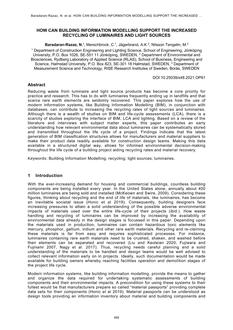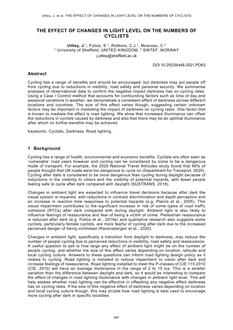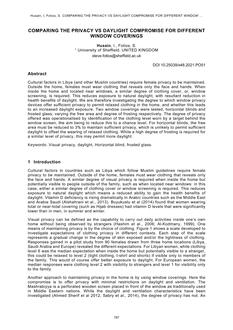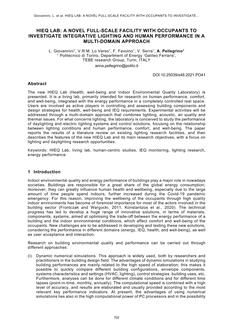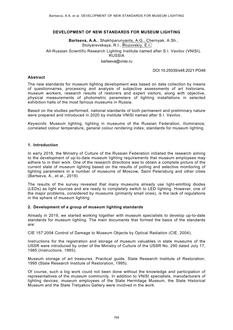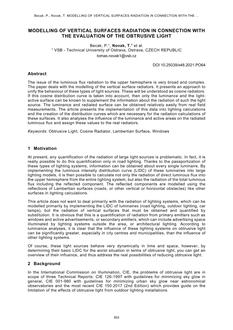Description
Reducing waste from luminaire and light source products has become a core priority for practice and research. This has to do with luminaires frequently ending up in landfills and that scarce rare earth elements are seldomly recovered. This paper explores how the use of modern information systems, like Building Information Modelling (BIM), in conjunction with databases, can contribute to increasing the recycling rates of light sources and luminaires. Although there is a wealth of studies on BIM and life-cycle assessments (LCA), there is a scarcity of studies exploring the interface of BIM, LCA and lighting. Based on a review of the literature and interviews with subject matter experts, this paper contributes an early understanding how relevant environmental data about luminaires can be systematically stored and transmitted throughout the life cycle of a project. Findings indicate that the latest generation of BIM classification structures allows for manufacturers and material suppliers to make their product data readily available for construction design teams. Making this data available in a structured digital way, allows for informed environmental decision-making throughout the life cycle of a building project aiding recycling rates and material recovery.
Product Details
- Published:
- 09/29/2021
- Number of Pages:
- 8
- File Size:
- 1 file , 780 KB

